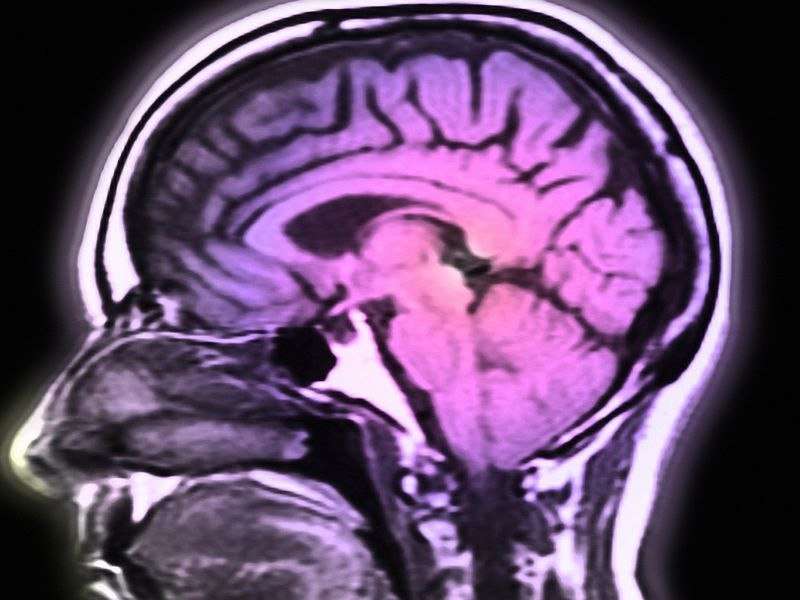Memory scores limited as Alzheimer's screening tool

(HealthDay)—Low memory scores are an early marker of amyloid positivity, but have limited value as a screening measure for early Alzheimer's disease among persons without dementia, according to a study published online Nov. 29 in JAMA Psychiatry.
Willemijn J. Jansen, Ph.D., from Maastricht University in the Netherlands, and colleagues investigated whether amyloid-β aggregation is associated with cognitive functioning based on analysis of 2,908 participants with normal cognition and 4,133 with mild cognitive impairment (MCI).
The researchers found that among participants with normal cognition, amyloid positivity was associated with low memory scores after age 70 years, but was not associated with low Mini-Mental State Examination (MMSE) scores (P = 0.16). Among patients with MCI, amyloid positivity was associated with both low memory (P < 0.001) and low MMSE (P < 0.001) scores. This association decreased with age. There was limited utility for screening of amyloid positivity in persons with normal cognition or those with MCI based on low cognitive scores.
"Although low memory scores are an early marker of amyloid positivity, their value as a screening measure for early Alzheimer's disease among persons without dementia is limited," the authors write.
Several authors disclosed financial ties to the pharmaceutical industry.
More information: Abstract/Full Text (subscription or payment may be required)
Copyright © 2017 HealthDay. All rights reserved.



















